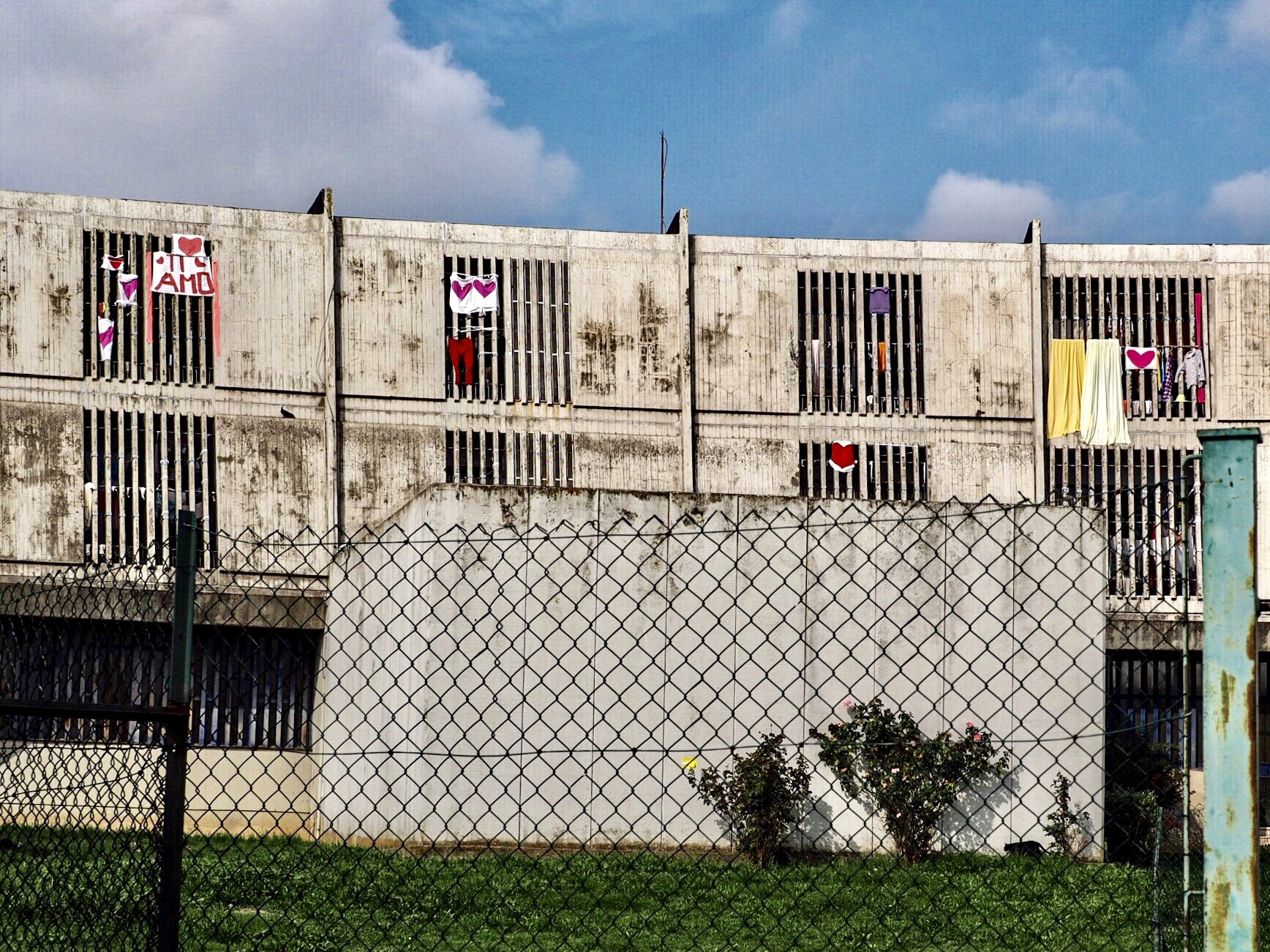Per necessità e per vocazione: le prigioni di Ernst Toller
DOI:
https://doi.org/10.15167/1824-7482/pbfrm2020.32.1881Keywords:
Letteratura tedesca del Novecento, Letteratura e rivoluzione, ebraismo e avanguardie storicheAbstract
The present research paper aims to investigate the work of Ernst Toller, the best known poet of the German Expressionismus, who was sentenced twice to imprisonement because of high treason: the first time because he took part in a strike during WWI, the second one as one of the main figures of the Bavarian Soviet Republic in 1918-1919. In prison, Toller produced a lot of literary and essayistic works, he also became a myth and an example for the Left and the German culture of the Weimar Republic. His relationship with detention was contradictory, it has both elements of acceptance and relief. Throughout the works and the letters the papers reconstructs Toller’s experience with captivity/imprisonment, and it highlights the ‘virtuous’ aspects/ elements of this (personal) experience in a world torn by political conflicts and economic crisis, a world which asks the intellectual for taking sides. It also analyzes the role of prison in literary works.
Downloads
Published
Issue
Section
License
Copyright (c) 2020 Roberta Ascarelli

This work is licensed under a Creative Commons Attribution-NonCommercial 4.0 International License.


